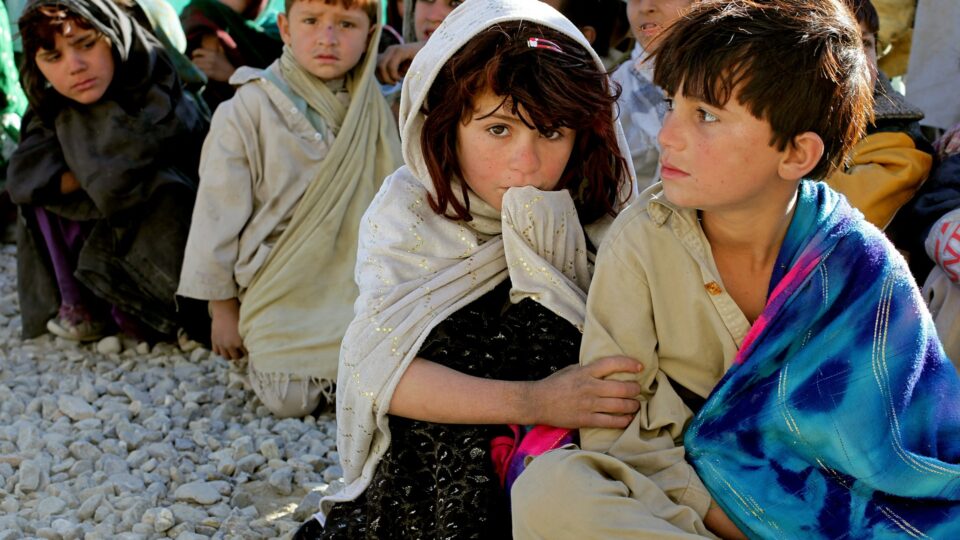Unaccompanied Foreign Minors in Italy
Unaccompanied foreign minors (UFM) are minors who do not possess Italian or European Union citizenship. They are on national territory without the presence of their parents or adults legally responsible for them. For this reason, according to art. 403 of the Civil Code, they must be transferred to a safe and protected place.
Table of Contents
- The Reception System for Unaccompanied Foreign Minors
- Protections for Unaccompanied Minors in Italy
- Procedure for Reporting Unaccompanied Foreign Minors
- The Figure of the Guardian
- Residence Permit for Unaccompanied Minors
The Reception System for Unaccompanied Foreign Minors
The reception of UFMs is regulated by Article 19 of Legislative Decree 142/2015. Currently, for unaccompanied minors, there is an initial reception phase in facilities managed by the Ministry of the Interior for a maximum period of 30 days. During this period, specialized services are provided oriented to the subsequent transfer, for the second phase of UFMs to so-called Reception and Integration Systems (SAI). This second phase is oriented to provide the unaccompanied minor with all the tools to achieve his working, social, and cultural autonomy. Permanence is guaranteed until the child reaches the age of majority and, for a maximum of six months, from the age of eighteen.
Protections for Unaccompanied Minors in Italy
UFM enjoy the same rights as Italian and EU minors, the most important of which are as follows:
- Prohibition of refoulement at the national border
- Prohibition of expulsion, except in case of public order or State security
- Identification, ascertained by the police and cultural mediators
- Verification of the child’s age of registration
- Family custody, as an alternative to transferring to care facilities
- Right to health and education
- Right to legal assistance
Unaccompanied minors must register with the National Health Service. If they are waiting for a residence permit to be issued, they can receive health care through the regional STP (Straniero Temporaneamente Presente) card.
Procedure Reporting Unaccompanied Foreign Minors
The presence of a UFM must be reported immediately:
– To the Public Prosecutor’s Office at the Juvenile Court for guardianship and the appointment of a guardian
– To the General Directorate for Immigration of the Ministry of Labor and Social Policies, to carry out the census and monitoring of the minor.
The Figure of the Guardian
The law stipulates that a guardian must be appointed for each unaccompanied minor. He/she has the legal representation of the minor and exercises legal acts on his/her behalf, acts for the care of the person, and may administer his/her property. The appointment of this figure is the responsibility of the President of the Juvenile Court.
The guardian must possess the necessary knowledge to perform his or her duties in the best interests of the child. Indeed, those who may have even the slightest conflict of interest with the needs of the person represented cannot be appointed as guardians.
The law also introduced a non-institutional figure, such as the voluntary guardian, a private citizen who takes on the guardianship of an Unaccompanied Foreign Minor. He or she must also act on behalf of the minor in legal matters, for the minor’s psycho-physical well-being, and for the verification of reception and protection conditions.
Residence Permit for Unaccompanied Minor
A UFM can apply for a Residence Permit through three routes:
– Application for international protection.
– Application for minor age.
– Application for family or foster care reasons.
The choice of which route to take is crucial to the fate of the unaccompanied minor. This choice may decide the future of the unaccompanied minor when he or she reaches the age of eighteen, whether to remain in Italy legally or to be expelled.
For the evaluation of the choice, the guardian/advocate must assess all the options of the paths, considering each aspect individually for the best interest of the UFM.
Residence permit for UFM upon reaching the age of majority
Upon reaching the age of 18, the Unaccompanied Minor may convert his or her residence permit. If he follows a course of study, he may apply for a residence permit for study, whereas if he is employed, he will be entitled to apply for a residence permit for work. If he does not fall into the above categories, he can still apply for a residency permit for pending employment.
